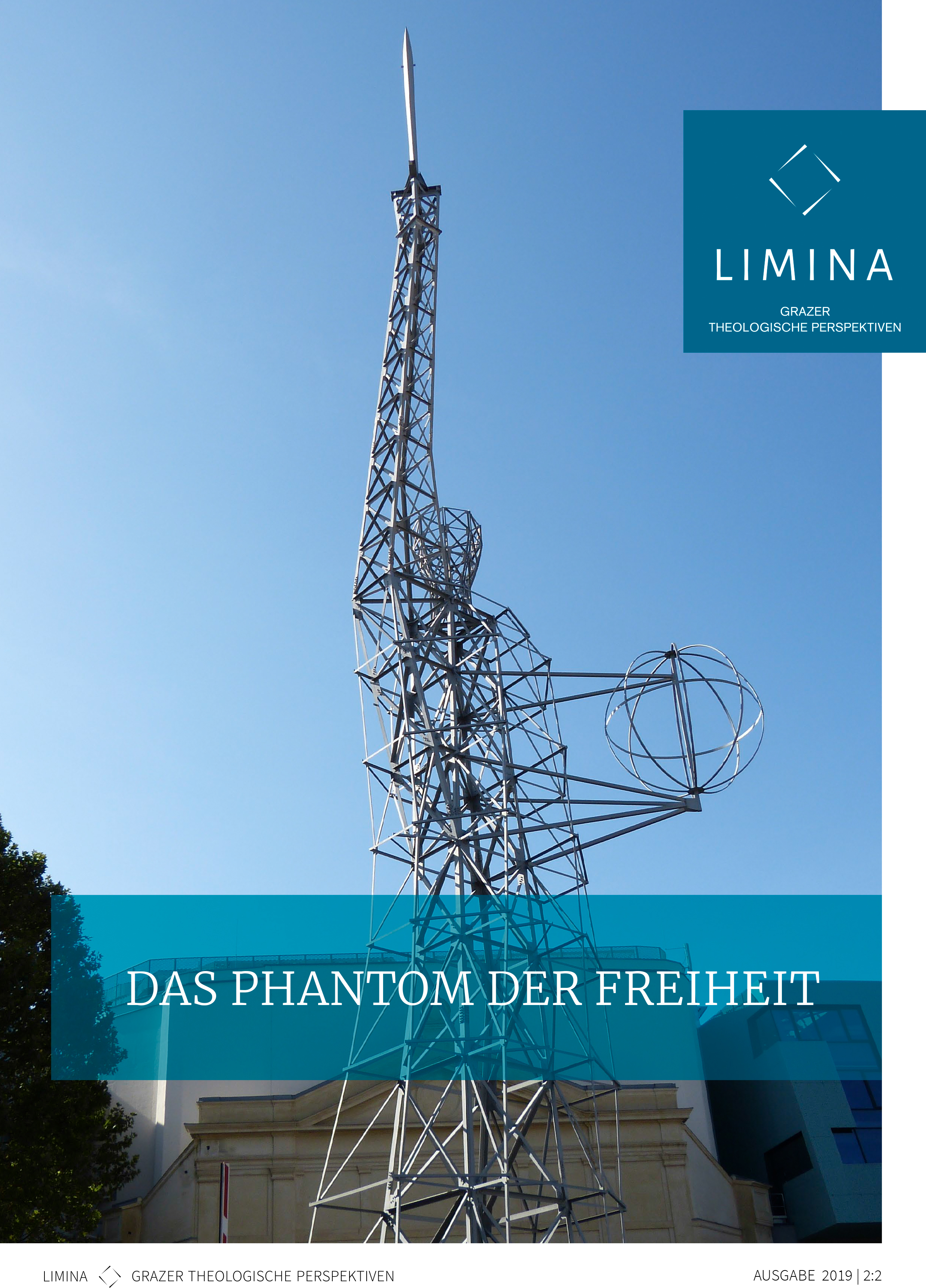Freedom of conscience - Freedom of faith Theonomy and autonomy in Paul's Letter to the Romans
Main Article Content
Abstract
The biblical theology of freedom is permeated by the deep faith that God is the liberator of all human beings. In modernity, however, this liberation theology faces the criticism that the so-called liberated would remain in permanent slavery because they depend on God. It is a problematic theology which provokes this question. Therefore, a hermeneutical exegesis which reconstructs the original constellation is required. In Romans, Paul develops a concept which correlates both, the freedom of consciousness all human beings have and the freedom of faith, which is the call of all believers. The matrix is a relational anthropology which characterizes the “I” in his and her proper relations to other human creatures and therein to God. Paul witnesses how this freedom combines an ethos of universal solidarity with the hope of eschatological salvation, which affirms the freedom of all human beings in the widest dimensions.
Article Details
The author(s) retain copyright without any restriction.
LIMINA provides immediately upon publication open access to its content. The content of this journal is licensed under the Creative Commons Attribution 4.0 International Licence. By submitting a contribution, the author(s) agree(s) to the terms of use of the CC BY licence.

